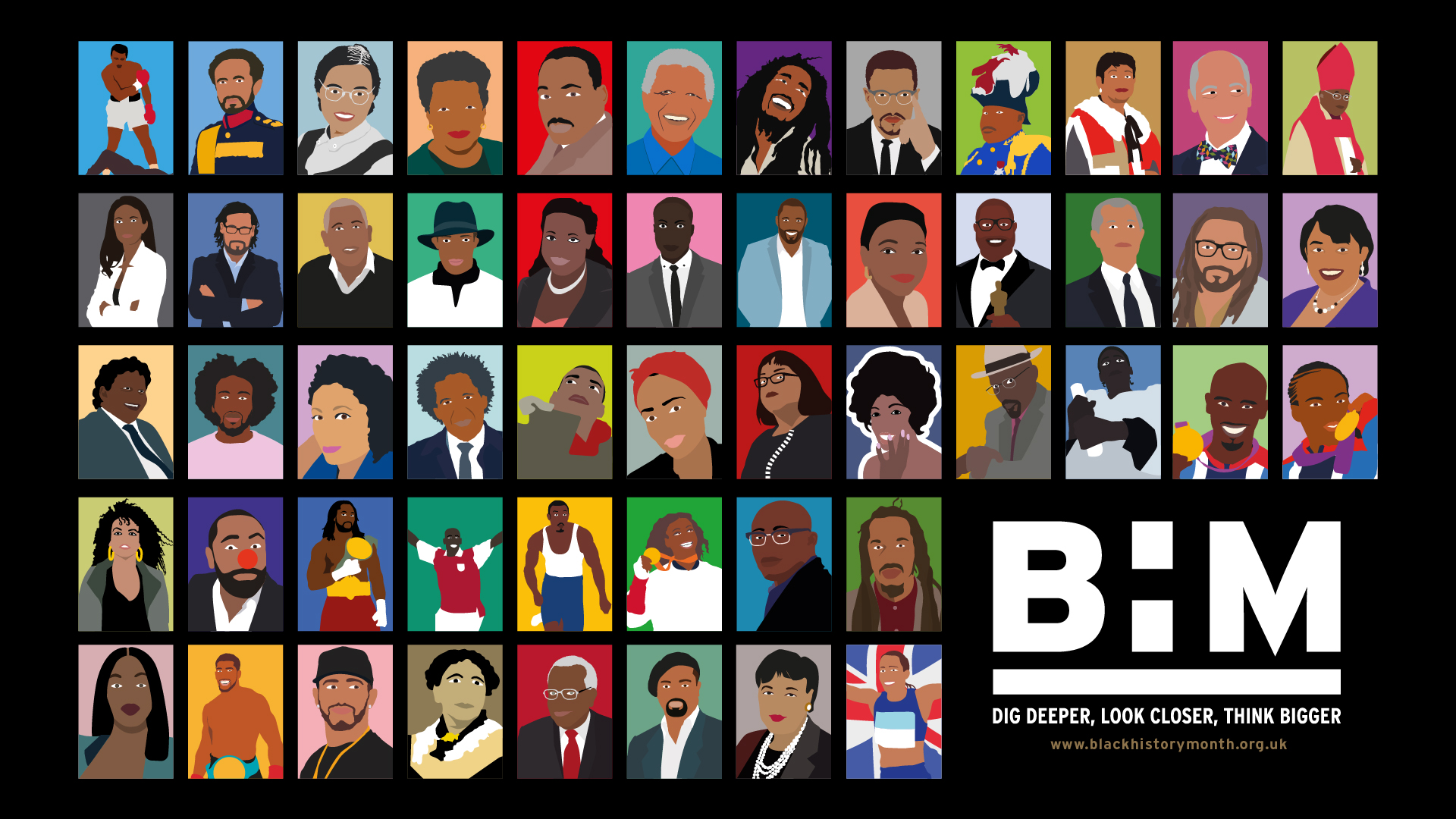For our latest blog, Alice Stott, Director of Schools, is exploring questions about race in the oracy classroom.

October marks Black History Month across the UK. Originally conceived as a way to carve out some dedicated space for teaching, engaging with and celebrating Black history, the month now stands for something bigger: a celebration of Black lives, heritage and culture.
Whether exploring with the oral storytelling traditions of griots, sometimes known as ‘human libraries’, from 14th century West Africa; listening to tales from the Windrush generation; or analysing your students’ favourite black musicians using the Oracy Framework, oracy can and should run through and enrich your school’s Black History Month. Particularly when it comes to oracy education, we need to ask ourselves: whose voices are heard and why? Whose stories are told and whose are listened to?
There are plenty of resources available online including those on the Black History Month website, the Black Curriculum and the Black Cultural Archives which may provide you with stimuli for talk or discussion questions. If you’d like some advice about how to hold meaningful conversations about race in the classroom, listen back to last year’s Oracy October conversation with Matthew Kay, author of ‘Not Light, But Fire: how to have meaningful race conversations in the classroom’. You’ll not be surprised to hear that there is no magic trick to navigating conversations about race but rather, classroom culture and genuine listening play an important role.
However, we also have a responsibility to look beyond Black History Month and consider how we can address racism in our curricula. When it comes to teaching oracy, one of the most obvious places to start is with representation. Black History Month was born out of a recognition that some people’s voices are heard, their stories and histories are told, while others’ aren’t. We must ensure representation of Black voices, and the voices of people of colour, within our lessons and texts, in the examples we hold up and the speakers we look to. We can – and must – go beyond holding up examples of Black speakers only when they are speaking about race and racism. Black voices matter and belong across the curriculum. If you’d like some inspiration take a look at this list of 50 speeches by Black women or at Black Past (with American and global speech anthologies).
It’s also our role as teachers to think critically about the classrooms we create for our students and the power structures we replicate. Looking only at ‘what’ is taught neglects an important other half to oracy education: ‘how’ we teach. Specifically, how we teach talk and what this tells our students about themselves and the world they are entering into. This is an area where we have been learning from educators in the USA as well as those in the UK; I was fortunate to conduct a Churchill Fellowship trip to the US where leading teachers and academics are exploring the relationship between the language(s) of the classroom, African American Language and prejudice. These arguments have particular salience now, during Black History Month, but also resonate for us with other forms of prejudice that exist in the UK such as class, gender, age and regional dialect.
As teachers/educators, we need to be asking ourselves challenging questions and interrogating the biases, prejudices and assumptions which have been ingrained in our school system:
Of course, none of these questions are simple. Our students are likely to enter into a similar society to the one we all live in now: where certain voices (accents, dialects, languages, ways of speaking) are more likely to be listened to, taken seriously, thought of as intelligent. How do we as teachers do both: teach for the future we want to create while recognising the world as it currently stands? How can we, as oracy teachers, play our part in creating more just and equitable classrooms and communities?
We don’t pretend to have the answers on this and are only starting out our journey in trying to address some of these questions. As we do so, we look to learn from those with lived experience of linguistic prejudice, to experts in language, pedagogy and their relationship to anti racism, to teachers in our network and the students they teach. Below, you can find a short reading list of some of the writers in this area we have been learning from, if you would like to use them to open up conversations about language and race in the classroom with your colleagues.
© 2022 Voice 21. Voice 21 is a registered charity in England and Wales. Charity number 1152672 | Company no. 08165798